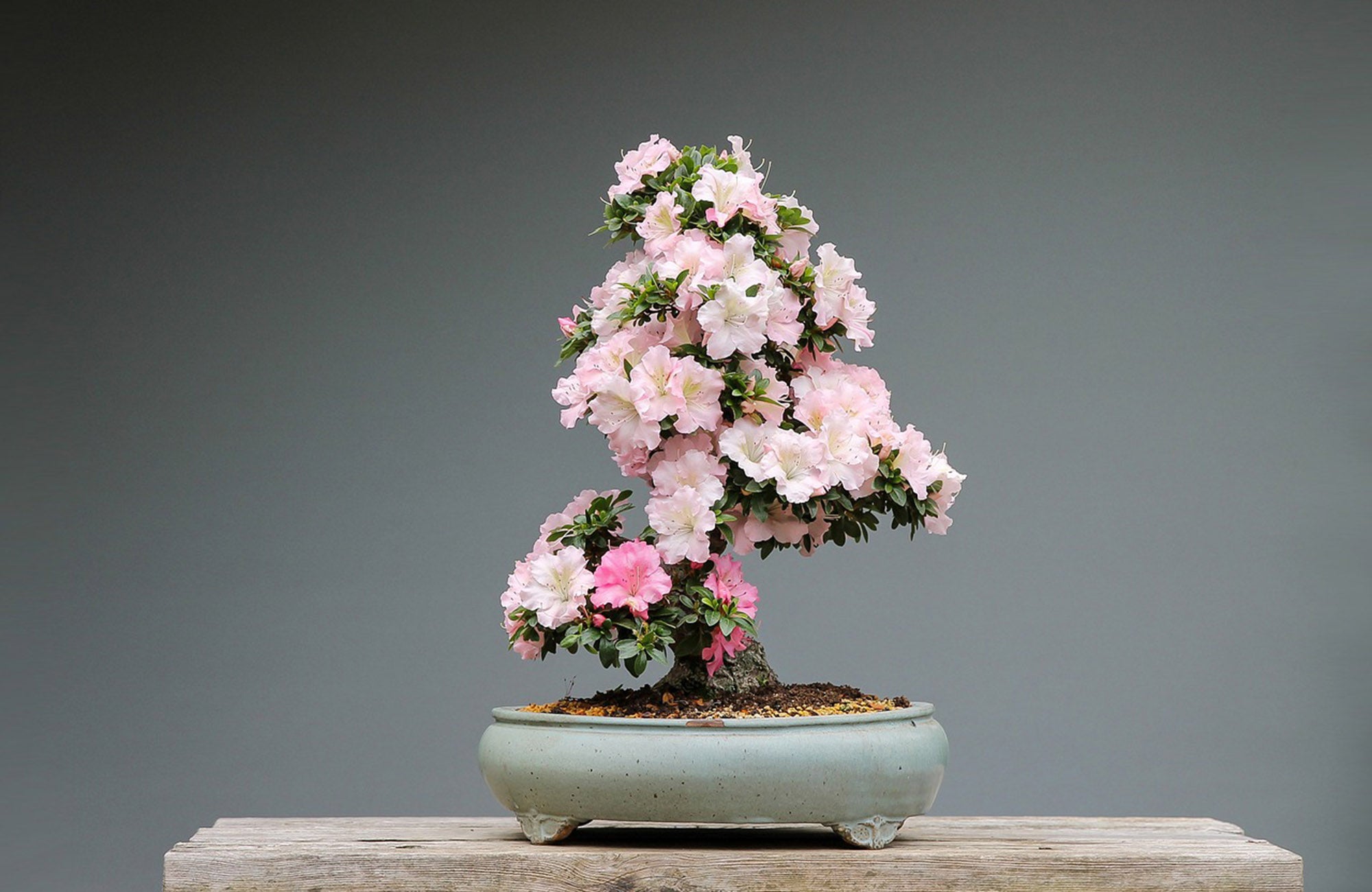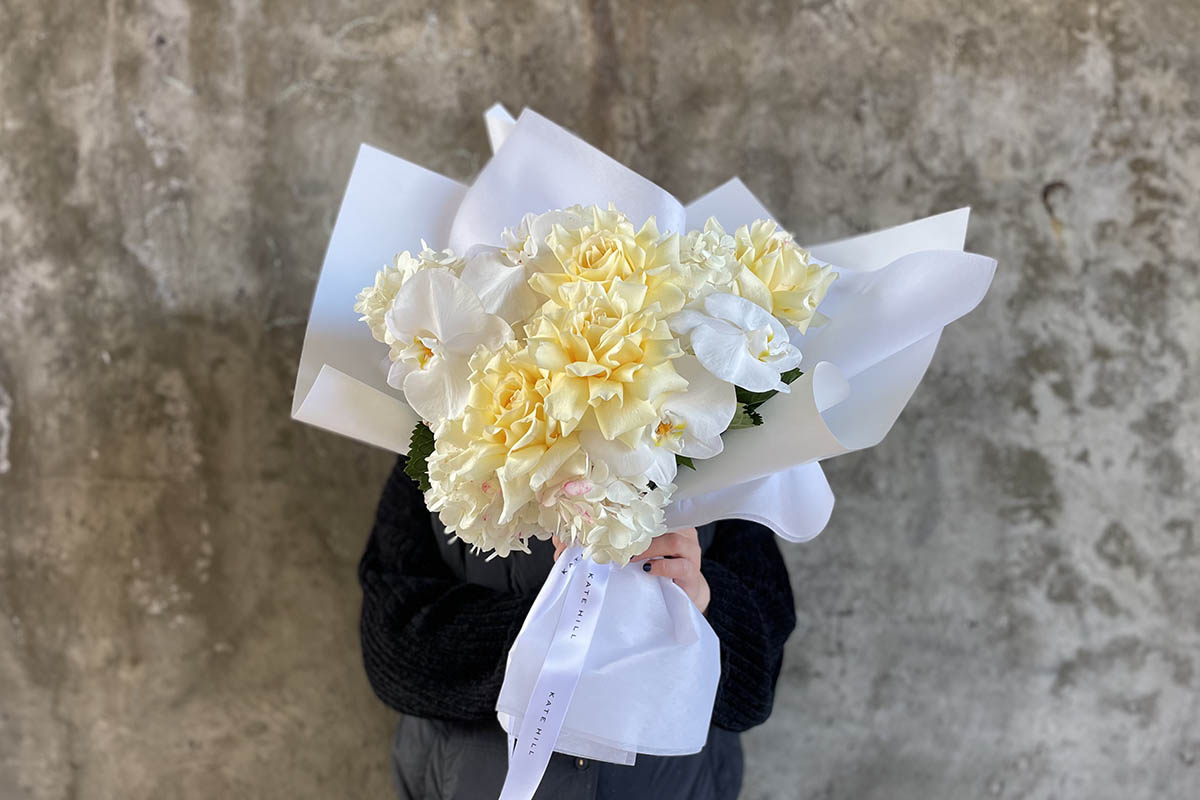Every blooming flower holds an enchanting aura of beauty and charm. However, beneath their aesthetic allure, flowers carry symbolic meanings that can vary drastically from one culture to another.
There are a variety of flowers whose meanings might surprise you in specific cultural contexts. Whether you're sending a bouquet to a loved one or using flowers to decorate an event, being aware of these differences can save you from adding meaning to your flower delivery that you didn't intend!
Chrysanthemums: The Emblem of Death

Chrysanthemums, are commonly used in floral arrangements worldwide. These vibrant flowers represent optimism and joy in the Western world, but tread carefully when sending these flowers in East Asia.
In China, Japan, and Korea, Chrysanthemums are associated with death and mourning. They are often used in funerals and presented at graves. Offering these flowers, especially white ones, can be considered a bad omen or even an insult.
Carnations: A Symbol of Bad Luck and Disdain

Carnations are a popular choice for Mother's Day, representing love and admiration. However, in France, they can carry a negative connotation. French tradition considers carnations a symbol of misfortune and bad luck, primarily because they were used as a funeral flower in the past.
In addition to France, be wary of giving carnations in Spain and Turkey as well. Carnations can symbolise disdain or rejection in these countries, which is the last message you'd want to send unintentionally!
Yellow Lilies: The Herald of Falsehood

Lilies are undoubtedly among the most captivating flowers, and their varieties can express a range of meanings. However, yellow lilies can be a touchy choice in certain cultures. For instance, in Russia, yellow lilies symbolize falsehood and lies. Offering them might inadvertently suggest deceit or insincerity.
White Lotus: An Ominous Sign

The lotus, particularly the white variety, often symbolises purity and spiritual enlightenment in many Asian cultures. But be aware that in India, the white lotus sometimes signifies death and non-attachment from the material world. Therefore, unless it's a spiritual or mourning event, avoid sending white lotuses.
Four-Leaf Clover: Not So Lucky After All?

While not a flower, it's worth mentioning the four-leaf clover, often considered a universal symbol of luck. But in Japanese culture, the number four, pronounced as 'shi,' is homophonous with death, making four-leaf clovers an undesirable gift.
Conclusion: The Art of Flower-Giving
Flowers communicate emotions and messages without words, transcending language barriers. However, their meanings are not always universally accepted and can change dramatically across different cultures. By being mindful of these subtle yet significant differences, we can ensure our floral gestures are received in the spirit we intend. Whether you're expressing love, offering congratulations, or sharing condolences, the right flower can eloquently convey your sentiments.
In our increasingly globalised world, understanding the cultural implications of flowers is more important than ever. Remember, flowers are ambassadors of our feelings. So always feel welcome to call us if you're not sure when ordering your flower delivery so we can always ensure you send the right message with your flowers.
Kate x





